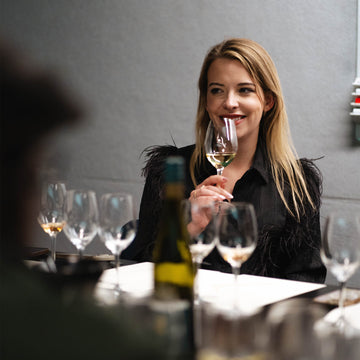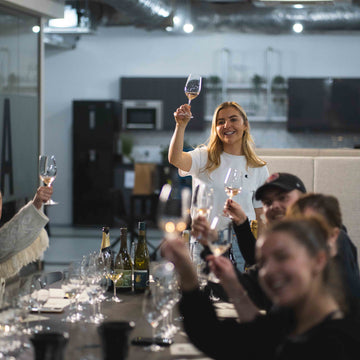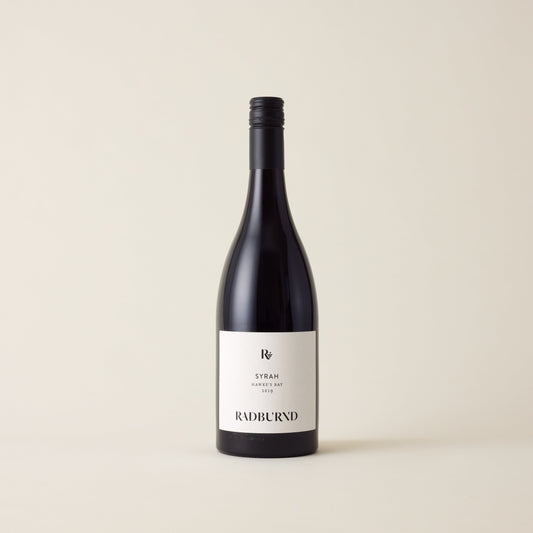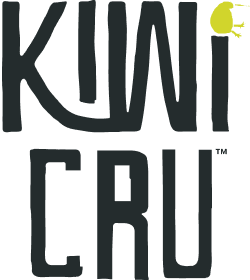

How Did Wine Language Get So Weird?

When Words Get in the Way

Toward a New Way of Talking
’What’s wrong with deliciousness’ – what’s wrong with ‘it’ll be gorgeous tonight’?” - Nigel Greening, Felton Road

What This Means for Kiwi Cru
Discover Our Wines
Clos Henri Estate Pinot Noir 2022
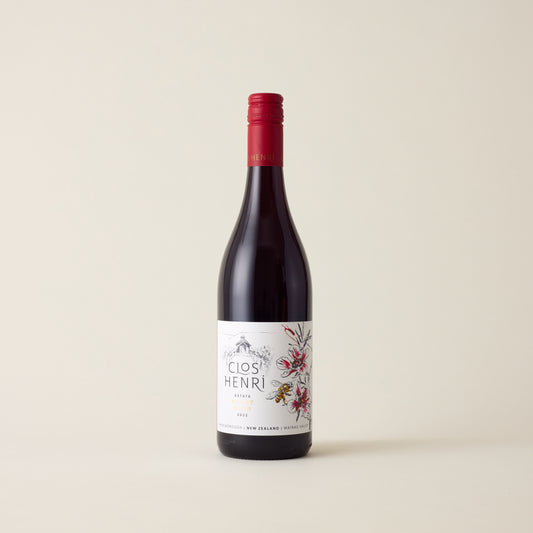

Clos Henri Estate Pinot Noir 2022
Regular price
£18.00
Sale price
£18.00
Regular price
£24.00
Smith & Sheth Cru Heretaunga Albarino 2022
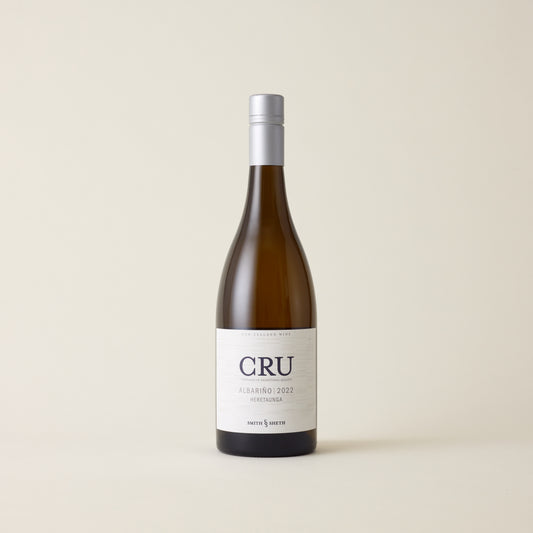





Smith & Sheth Cru Heretaunga Albarino 2022
Regular price
£29.00
Sale price
£29.00
Regular price
Clos Henri Estate Sauvignon Blanc 2023
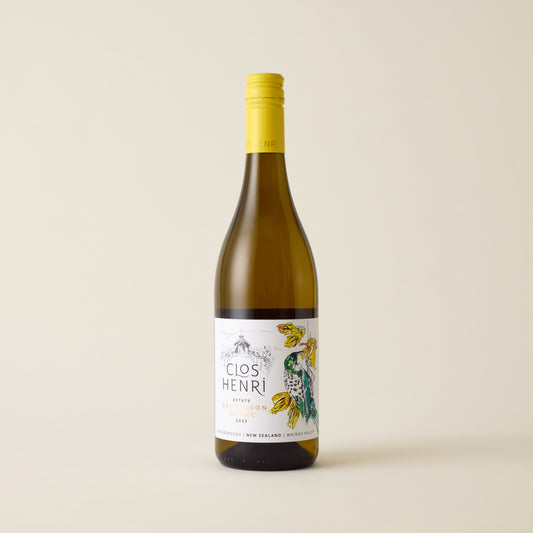

Clos Henri Estate Sauvignon Blanc 2023
Regular price
£15.75
Sale price
£15.75
Regular price
£21.00
Two Rivers Isle of Beauty Rosé 2024
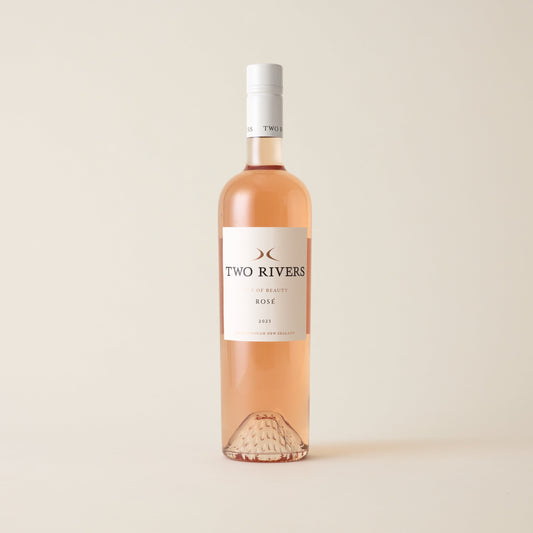




Popular



Two Rivers Isle of Beauty Rosé 2024
Regular price
£16.50
Sale price
£16.50
Regular price
Blank Canvas Settlement Vineyard Pinot Noir 2020
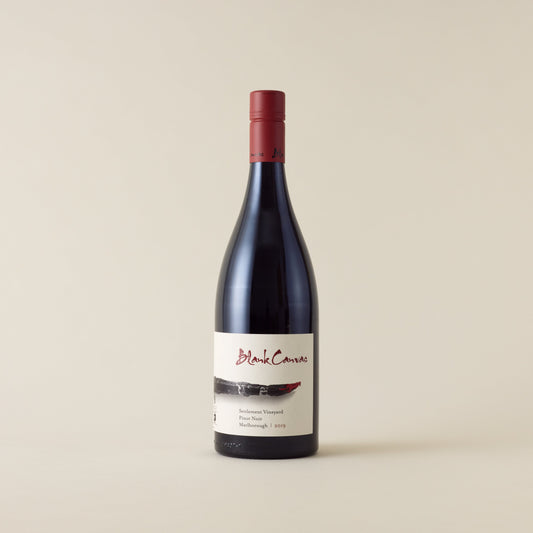







Blank Canvas Settlement Vineyard Pinot Noir 2020
Regular price
£22.50
Sale price
£22.50
Regular price
£30.00
Greywacke Wild Sauvignon Blanc 2022
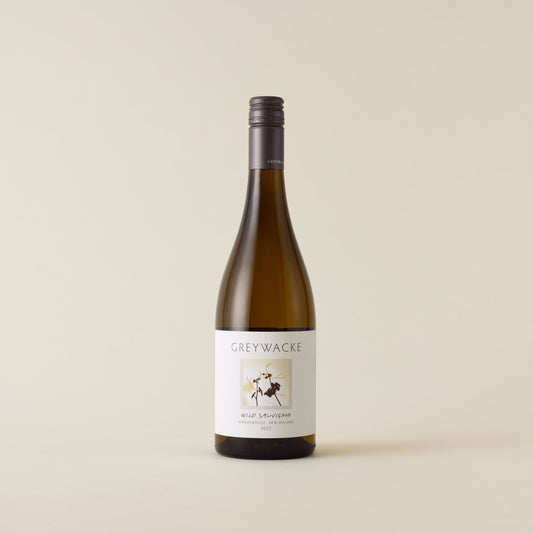







Greywacke Wild Sauvignon Blanc 2022
Regular price
£26.00
Sale price
£26.00
Regular price
Matawhero Church House Chenin Blanc 2022
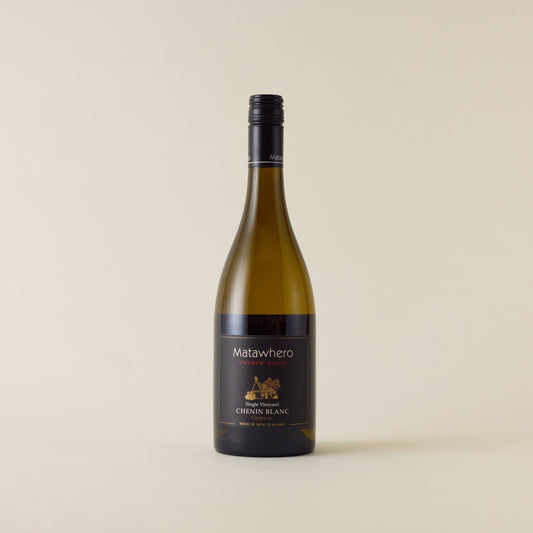

Matawhero Church House Chenin Blanc 2022
Regular price
£15.00
Sale price
£15.00
Regular price
£20.00
